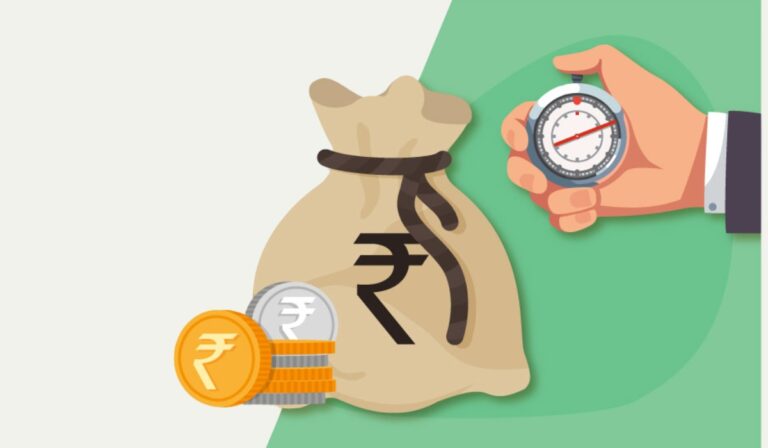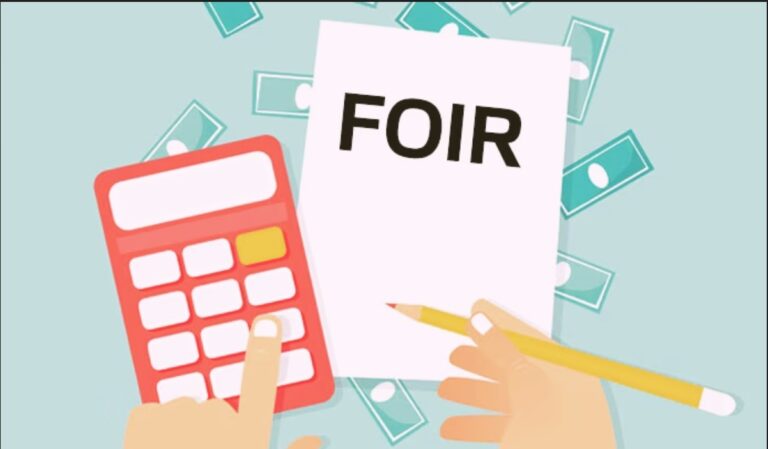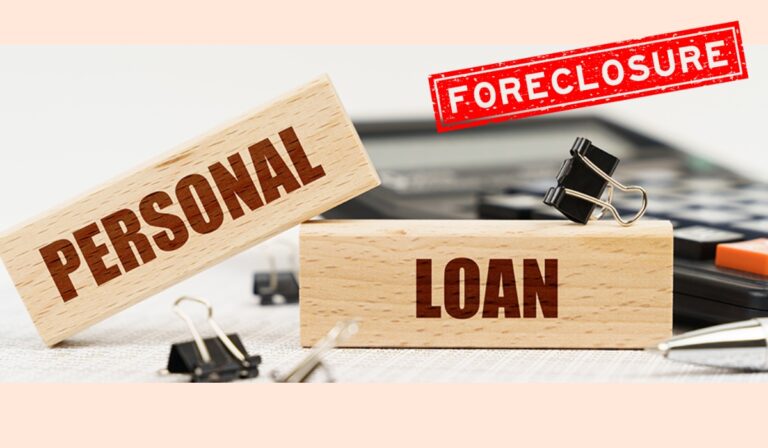Can I get a loan for myself, even if I already have a loan for my education?
Yes, it is possible to obtain a personal loan while you have an education loan. However, the approval of the loan will depend on important factors such as your credit score (CIBIL score), your source of income, your previous loan repayment history, and your debt-to-income ratio (DTI ratio).
Education loans are categorized as risky borrowing as the repayment depends on course completion. This loan is typically taken to fund one’s education or course, but if you face a cash crunch in between, then you can opt for a personal loan. However, applying for and getting a personal loan is not easy for those who have an ongoing education loan. The lenders consider factors like EMI repayment rate, credit score, CIBIL score, and income, etc. Those who qualify for each of these factors become eligible for a personal loan.
Personal or Education Loan: How to determine the ideal financing option for your education?
Determining the ideal financing option for your education is a tedious task. However, the following table can be used to know which is a better option for you.
| Factors | Personal Loan | Education Loan |
| Interest Rate | The interest rate on personal loans ranges between 10% to 24% which accounts for a higher repayment value. | The education loans on the other side are relatively on the lower side, ranging between 7.15% to 15.20%. It also comes with a lot of rebates and discounts that eventually lower the overall repayment value. |
| Tax Benefits | Personal loans offer no tax benefits to the borrowers and due to their high interest rate, they can be a bad choice for a student. | Education loan offers a series of tax benefits to the borrowers. One can easily claim a deduction of interest paid under Section 80E of the IT Act, 1961. |
| Subsidy Schemes | No central or state government offers subsidy schemes for personal loans. | The central government offers interest subsidy schemes like the Padho Pardesh Scheme or Dr. Ambedkar Central Sector Scheme offers a range of subsidies that eventually reduce the tax burden. |
| Moratorium period | There is no moratorium period for a personal loan, and the EMI begins the next month after getting a loan. | Education loan comes with a moratorium period of up to 12 months, which makes it a great choice for students. |
| Loan tenure | Personal loans come with a short-duration repayment that makes it perfect to fund immediate cash crunch. | Education loans have a longer repayment tenure of up to 15 years, which allows the students with the opportunity to plan their finances. |
Also, read:
Key factors before applying for personal and education loans
If you are looking to apply for a personal or education loan, then the following factors should be considered. The lenders assess these factors and then decide if the applicant is worthy of getting a personal or education loan.
1. Debt to Income Ratio
Debt-to-income ratio is one of the major factors that should be considered to deciding between a personal loan or an education loan. The DTI ratio is calculated by dividing the current repayment by total income. To put it simply, if you have a large chunk of income spent on debt obligation, then it can lead to debt to income ratio. For those, who have a DTI ratio within the range of 35 to 40% then the lender will consider you ineligible for a new loan a high DTI ratio will lower your loan approval chances.
2. Interest Rates
The prescribed rules suggest that if you opt for a second loan with an ongoing loan, the latter comes with a higher interest rate. With this, we can assume that one has to repay at a comparatively high rate. Hence, it is advised to cross-check both loans and then choose accordingly. You can also consult with an expert professional to zero in on your choice.
3. CIBIL Score
CIBIL Score is yet another important factor that should be considered before applying for a loan. Those having a CIBIL score within the range of 300 to 900 score account for higher chances of getting a loan. Additionally, a high score equal to or more than 750 makes you eligible for a personal loan at a lucrative interest rate.
4. Additional Charges
Additional charges like processing fees, administrative costs, and prepayment penalties should not be overlooked when deciding the right loan option for you. It is advisable to get a comprehensive understanding of these to estimate the correct cost.
5. Assess the Risk Associated
Assessing the risks associated with both personal and education loans helps to wave off potential risks. One should consider economic factors like job stability, and industry trends that could impact your ability to repay. Conducting a risk analysis allows you to make informed decisions, ensuring that you enter into a loan agreement.
6. Loan Tenure
Loan tenure is one of the most crucial factors that affects the timely payment of the loan. The loans taken for a short duration result in high EMIs while leading to low-interest payments. Whereas, longer loan duration leads to low EMIs but results in high interest rates. The best way is to compare both factors and then choose the right option for yourself.
Conclusion
Education Loan or Personal loan the right choice depends on a lot of factors like your income and financial stability. If you are looking to opt for a personal loan, then PayMe is your one-stop solution. With our low-interest and affordable loan plans, you can easily fund your expenses. Our smart EMI options and quick approval process reduce the hassle and make personal loans a convenient option.
Also, check: ₹1 Lakh Personal Loan
FAQs
1. Can I take both a personal loan and an education loan simultaneously?
Yes, you can both a personal loan and an education loan simultaneously, but the right choice depends on your total income and repayment tenure.
2. Are there restrictions on the number of education loans a student can have at the same time?
One can take up to two education loans at a time to fund their education, or an education loan and personal loan together.
3. Can I get a personal loan on top of my education loan to cover short-term expenses?
Yes, one can get a personal loan on top of my education loan to cover short-term expenses, as long as the terms and conditions of the existing loans are not violated.
4. Are there tax benefits associated with having both a personal loan and an education loan?
Yes, one can rebate under Section 80E of the Income Tax Act only for an education loan.
5. Can I get another loan if I already have an education loan?
Yes, one is eligible to get another loan if I already have an education loan.
Also, read:




